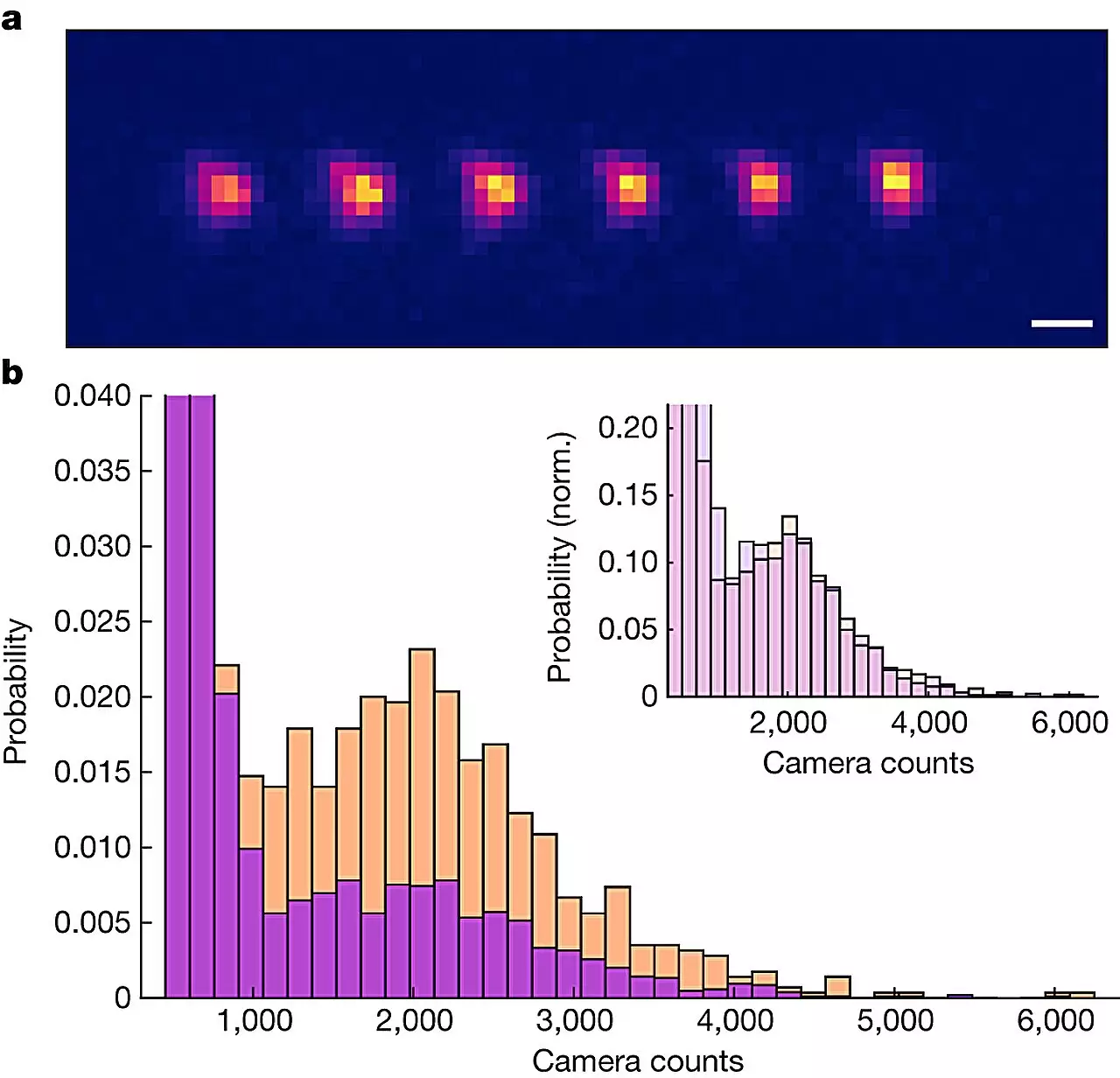In a groundbreaking discovery, a team of physicists at Harvard University has made a significant stride by achieving the trapping of individual polyatomic molecules in optical tweezer arrays for the first time. This notable accomplishment opens up a new realm of possibilities in the field of molecular manipulation and physics research.
Controlling the energy states of atoms by cooling them to extremely low temperatures has yielded transformative technologies like atomic clocks. However, applying similar techniques to molecules has presented a daunting challenge due to additional complexities such as rotation and vibration. While some success has been achieved with diatomic molecules, triatomic molecules have proven to be more elusive.
To overcome these hurdles, the research team at Harvard University embarked on a mission to manipulate individual CaOH molecules. By isolating the molecules in a vacuum chamber cooled to below 100 microkelvin, the scientists utilized optical tweezers to separate and focus on a single molecule, allowing for precise control and manipulation.
Through meticulous experimentation, the team successfully achieved quantum ground state manipulation of the CaOH molecules. By imaging the molecules without causing any damage, the researchers were able to analyze the effects of their manipulation and gain valuable insights into the behavior of the molecules in different quantum states.
Implications for Future Research
The implications of this research breakthrough are vast, as it paves the way for further exploration of polyatomic molecular manipulation. With the potential to apply this technique to other three-atom molecules, the research team’s work opens up a myriad of possibilities for advancing molecular physics and pushing the boundaries of scientific discovery.
The successful trapping and manipulation of polyatomic molecules in optical tweezer arrays represent a significant advancement in the field of molecular physics. By overcoming the challenges associated with controlling multi-atom molecules, the research team at Harvard University has laid the groundwork for future breakthroughs in molecular manipulation and quantum state control. This pioneering research not only expands our understanding of molecular behavior but also promises to drive innovation in technology and scientific exploration.


Leave a Reply